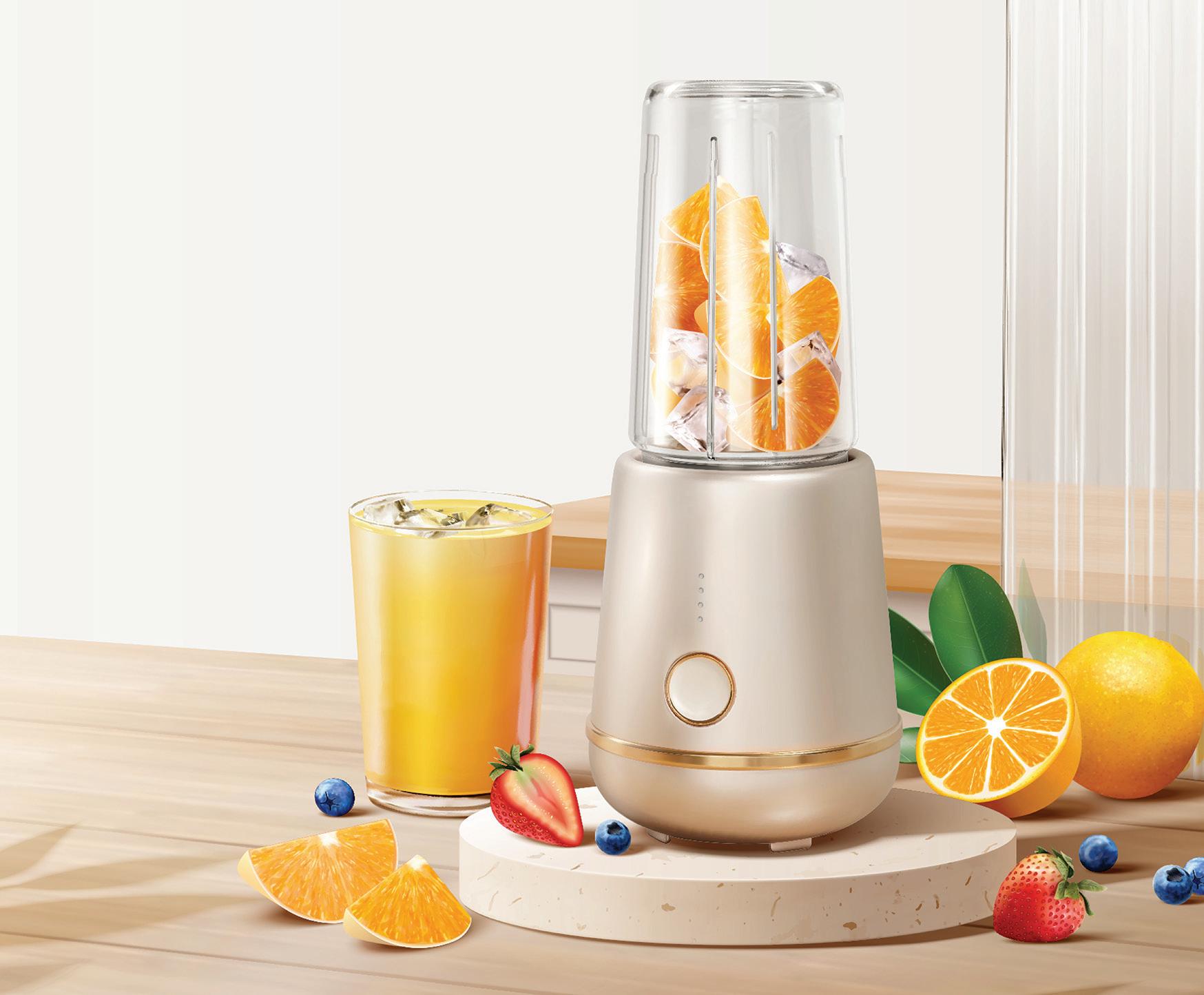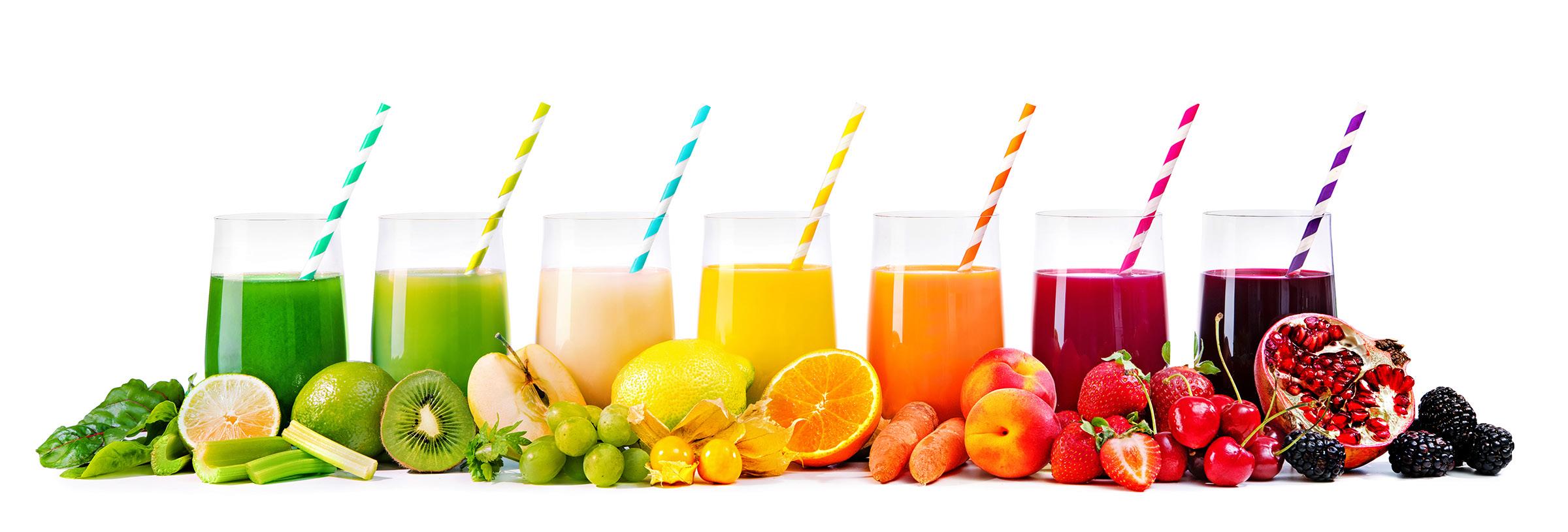
1 minute read
TO JUICE or NOT TO JUICE, that is the question
By Erin Feitsma, Times Total Media Correspondent
Scene: You’ve just inhaled an entire Papa Johns BBQ chicken bacon pizza and are reveling in its goodness. The following thoughts come to mind: Why must you be so deliciously cheesy, chicken-y and bacon-y?
I love you, Papa Johns BBQ chicken bacon pizza! But also, with a pang of regret: I think I ate too much. Maybe tomorrow I should start a juice cleanse.
What is a juice cleanse, you ask? To understand more about juice cleanses and their appeal, you must first be familiar with juicing. The basic concept behind juicing is simple: Juicing extracts the juice from fresh fruits or veggies but is no healthier than eating them whole, reports the Mayo Clinic. In fact, the healthy fiber found in whole fruits and veggies is typically lost during the juicing process.
Fiber helps you feel full and may lower your risk of diabetes, heart disease and some forms of cancer, so you may be missing out on some health benefits by opting to liquify your fruits and veggies. There is no scientific evidence that extracted juices are healthier than the juice you get from enjoying whole fruits or veggies, says the Mayo Clinic.
A juice cleanse takes the concept of juicing to the next level. Juice cleanses, which can last anywhere from three days to three weeks, are when an individual drinks only the juices from fruits and vegetables to lose weight and “detoxify” their body, according to Healthline.
While juice cleanses, which you may have seen promoted online by social media influencers, celebrities or your Great-Aunt Susan, may be able to help you lose weight, Healthline suggests that this is because juice cleanse participants aren’t consuming enough calories. As for the claim that they are detoxifying, well … research on the topic isn’t substantial enough to support that claim. Plus, our bodies are usually adept at helping detoxify our systems, anyway (shoutout to the liver and kidneys!).

Additionally, according to Healthline, juicing may encourage disordered eating patterns or put those who practice it at risk for developing eating disorders, with research finding that there may be a link between juice cleanses and eating disorders.
If you love juice, not all is lost: Juices can be delicious and an enjoyable part of your diet, but as Healthline reports, they shouldn’t replace solid food. If you’re interested in juicing, consider enjoying a smoothie instead. According to the Mayo Clinic, blending up the edible parts of fruits and veggies produces a drink that contains more healthy phytonutrients and fiber.
Information for this article was gathered from mayoclinic.org and healthline.com.










